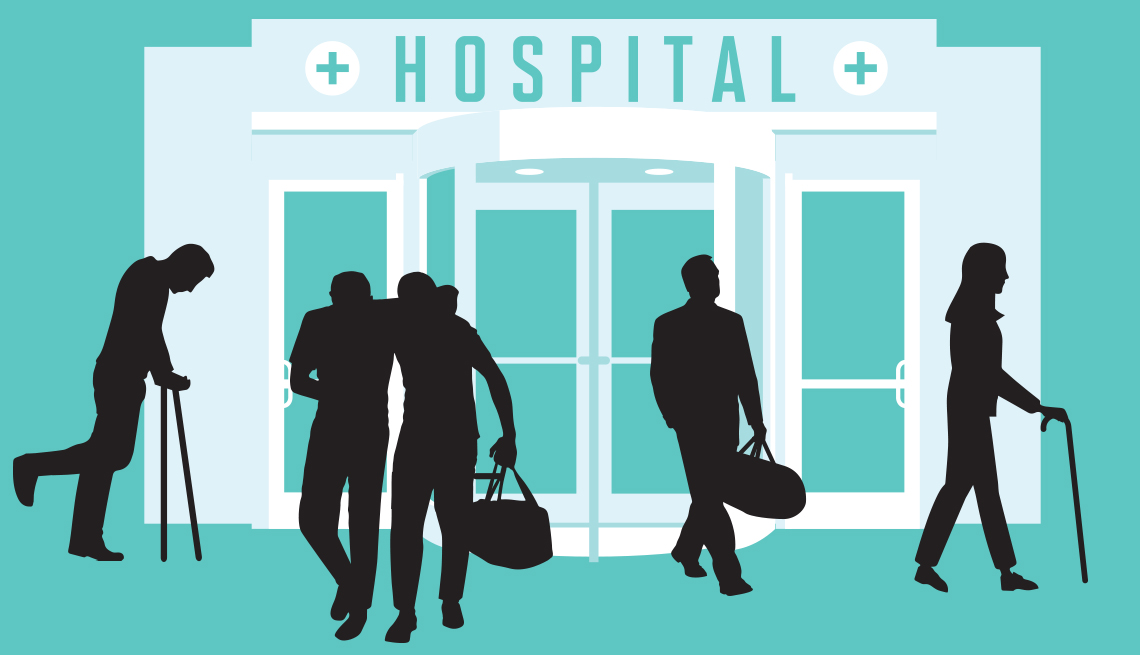Play all audios:
2. FIND SPECIALISTS WHO KNOW HOW TO TREAT AGING PATIENTS Many hospitals have specialized “acute care for elders” inpatient units, and there is a growing number of certified geriatric
emergency departments across the country; to find one near you, visit acep.org/geda. The Institute for Healthcare Improvement recognizes 450 “age-friendly health systems” on its website. 3.
DON'T JUST THINK OVER AND OUT It may feel like a win if your loved one is discharged from the ER on the same day, but often it's not — especially if this is a return trip. Instead
of declaring the case closed, make a follow-up doctor visit shortly after the ER episode. If things don't check out well, push hard for a hospital admission or for an aggressive,
rapidly initiated outpatient care plan. This is an important step in shielding your loved one from further complications. One study found that half of Medicare patients needing
rehospitalization within 30 days had not seen a physician in the interim. But you may have to push: Medicare targets and fines hospitals for readmissions within 30 days, which means
providers are often resistant to readmitting patients. Question your doctor thoroughly before letting your loved one return home. 4. ANTICIPATE A LONG-TERM IMPACT Someone who fell once is
likely to fall again. Aids as simple as a cane or walker, along with home-based training for balance, mobility and muscle strength, can reduce future falls and the associated decline. And
the home should be assessed for hazards, from challenging stairs and slippery rugs to icy front porches. But don't leave it at that; a watchful eye can make a big difference in
detecting signs of creeping frailty. Keep an eye out for decreased mobility or an increased need for assistance with the activities of daily living: getting out of bed, using a toilet,
bathing, dressing, grooming and eating. If you're not there, ask care providers or friends to keep an eye out, too. And check with insurers to see what services or gear they will cover.
5. WATCH FOR PHYSICAL AND EMOTIONAL CHANGES In addition to frailty, other findings associated with hospital returns are depression, worsening memory, fatigue, dizziness, decreased appetite,
incontinence, trouble communicating or thinking, or increasing numbers of prescribed or over-the-counter medications. Any of these clues can indicate an acute, reversible illness such as
pneumonia or urinary infection. Recognizing and then treating them early can help avoid a return trip to the hospital. As for Ma, the last I heard, she was again well and living
independently, thanks to a mobilized and vigilant family working with her doctors to avert post-hospital syndrome. A concerned, informed and proactive patient and support system are the best
defense against the real possibility of functional decline in older adults following illness or injury. _Kenneth Frumkin, M.D., is a retired emergency room physician in Horsham,
Pennsylvania._

